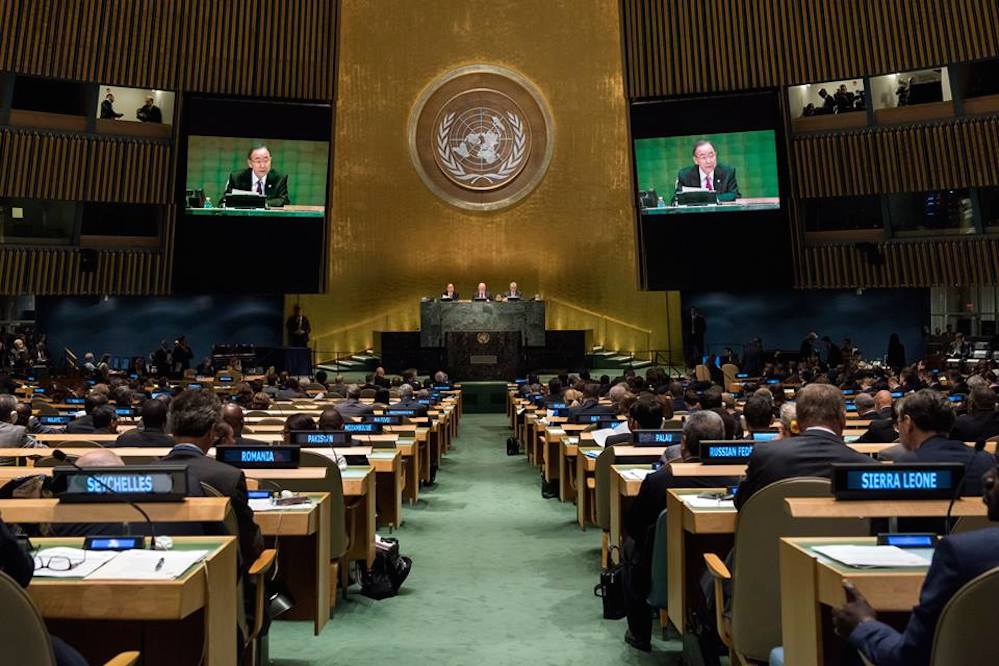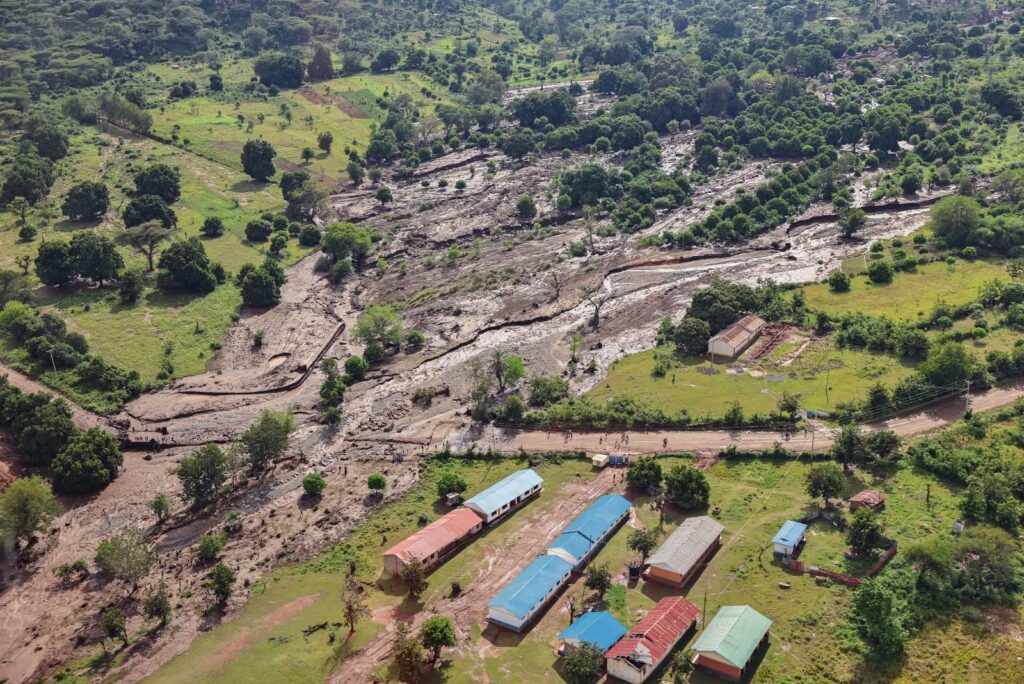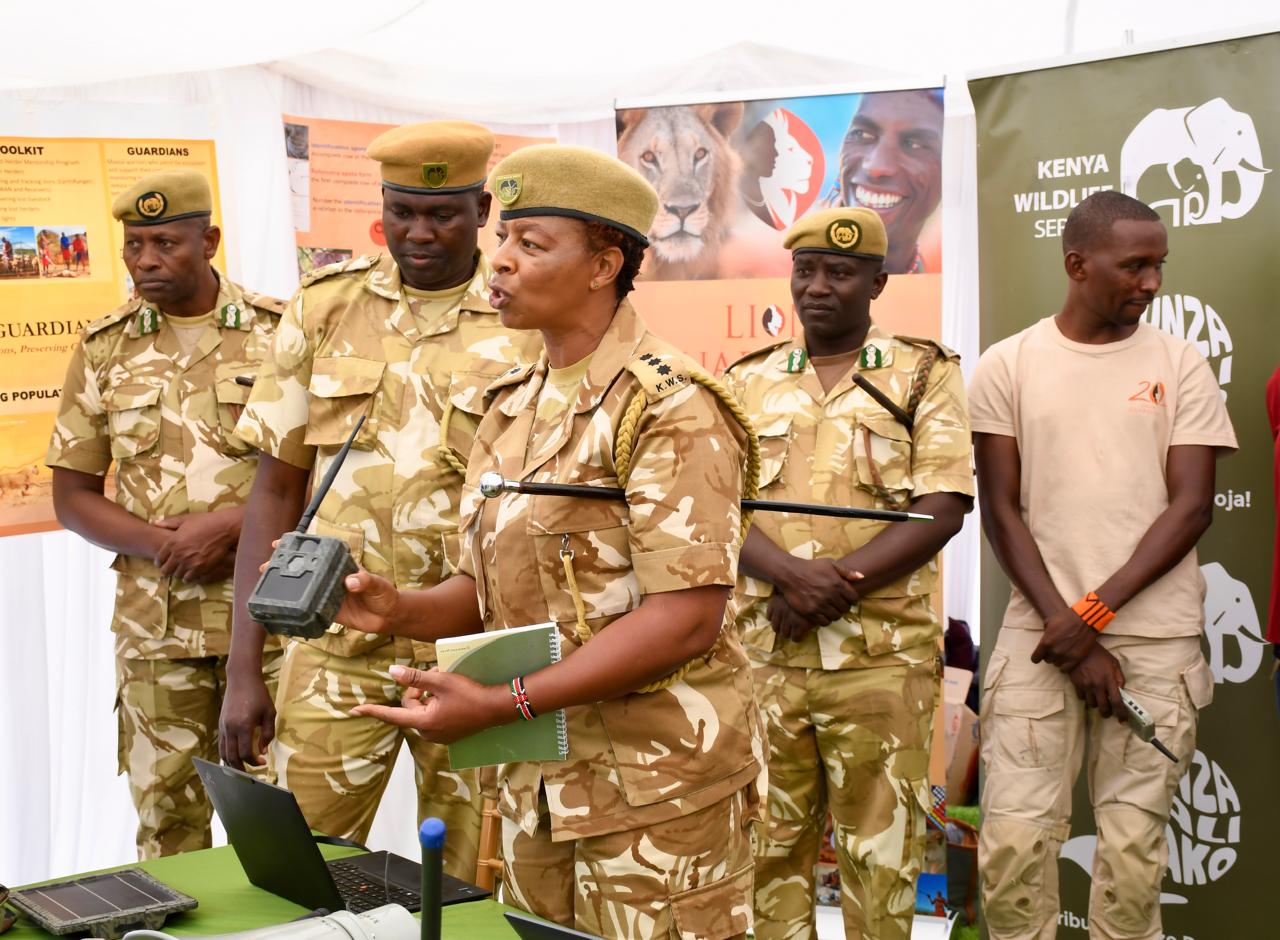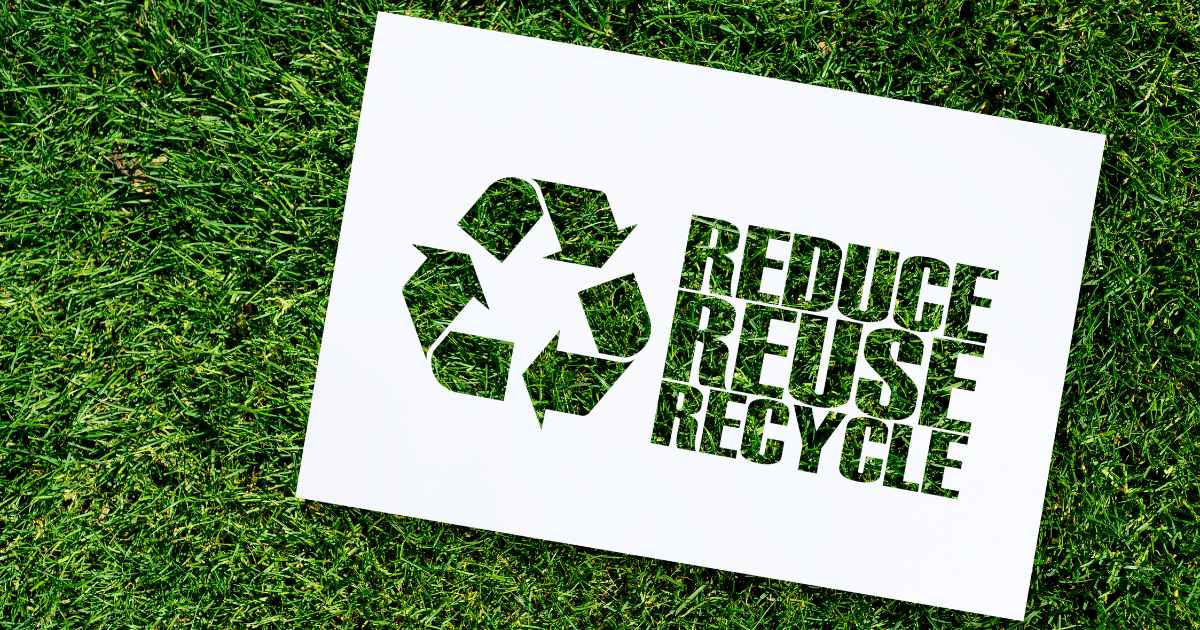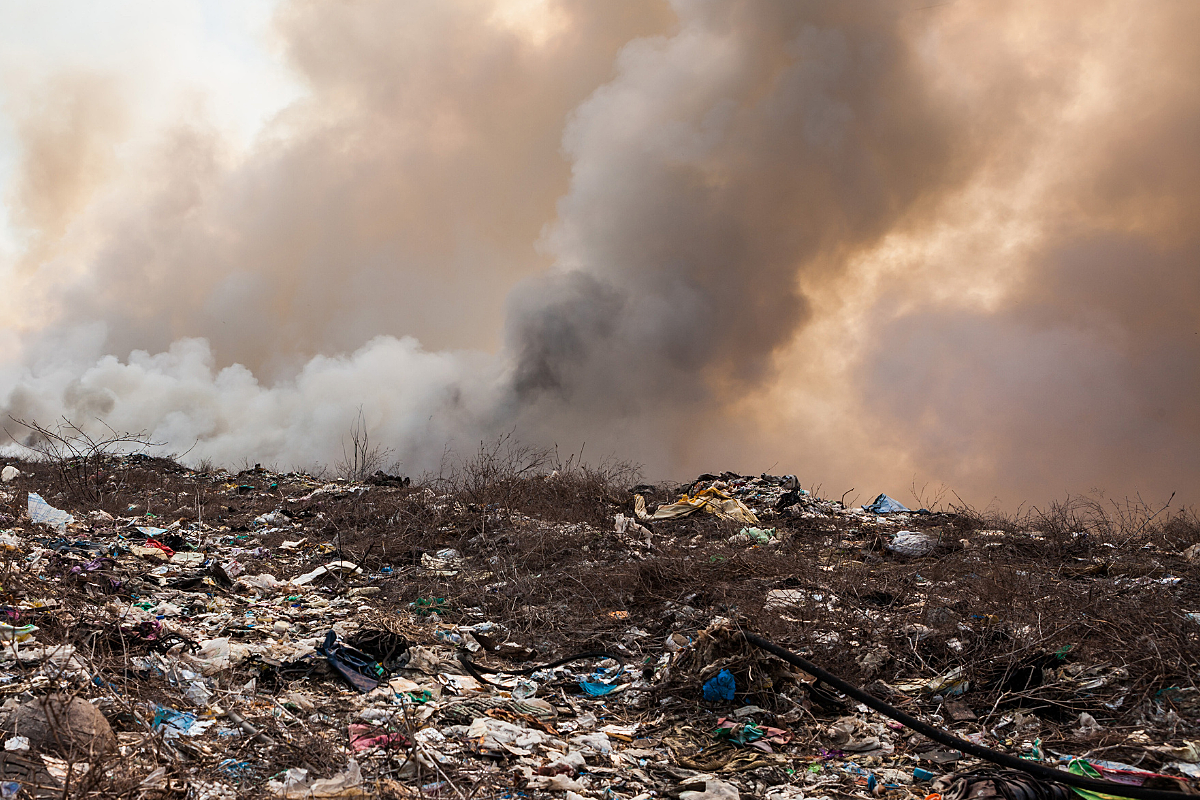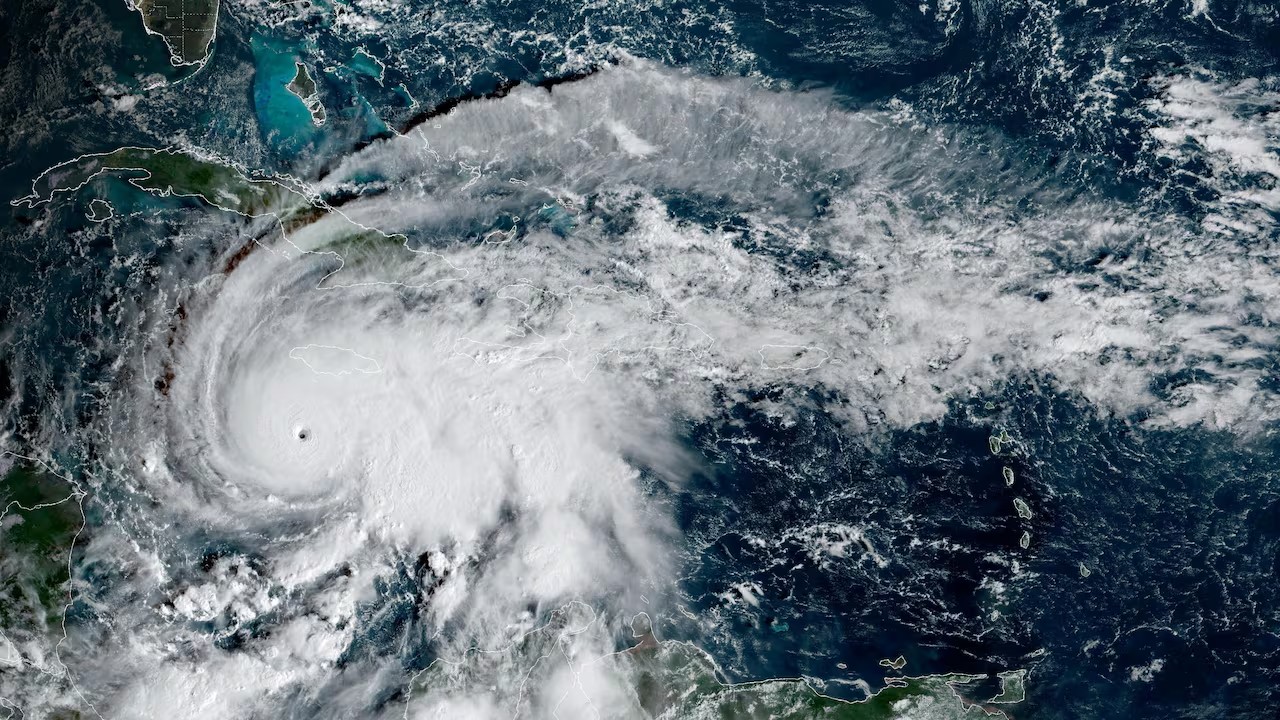- At the heart of this strategy is a USD 100 billion investment framework led by African financial institutions, designed to fund climate-smart infrastructure and industrial growth across the continent.
As the 80th Session of the UN General Assembly opened in New York, the UN Climate Summit 2025 emerged as a defining moment in global climate diplomacy.
Hosted by UN Secretary-General António Guterres, the summit brought together world leaders to present updated Nationally Determined Contributions (NDCs)—the backbone of each country’s climate action plan under the Paris Agreement.
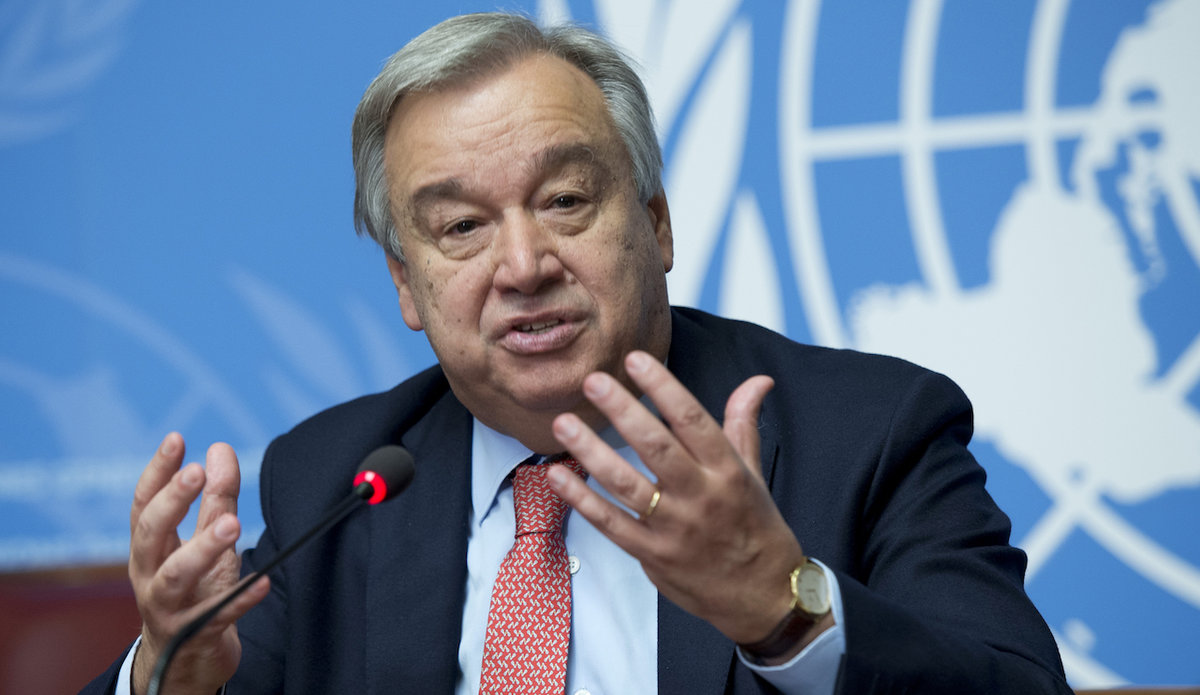
But beneath the pledges and polished speeches, a deeper tension pulsed through the halls of the UN Headquarters: the question of who pays for the planet’s survival.
On the sidelines of the summit, during a high-level climate finance dialogue, Kenya’s President William Ruto delivered a pointed critique of the global climate financing system. He argued that the current structure is fundamentally unjust, placing an outsized burden on African economies that have contributed the least to the climate crisis.
“Global climate financing is unfair,” Ruto said, “forcing Africa to raise most of its resources at home and placing an impossible burden on economies that have contributed the least to this crisis.”
Ruto outlined a comprehensive solution focused on financial liberation and structural reform.
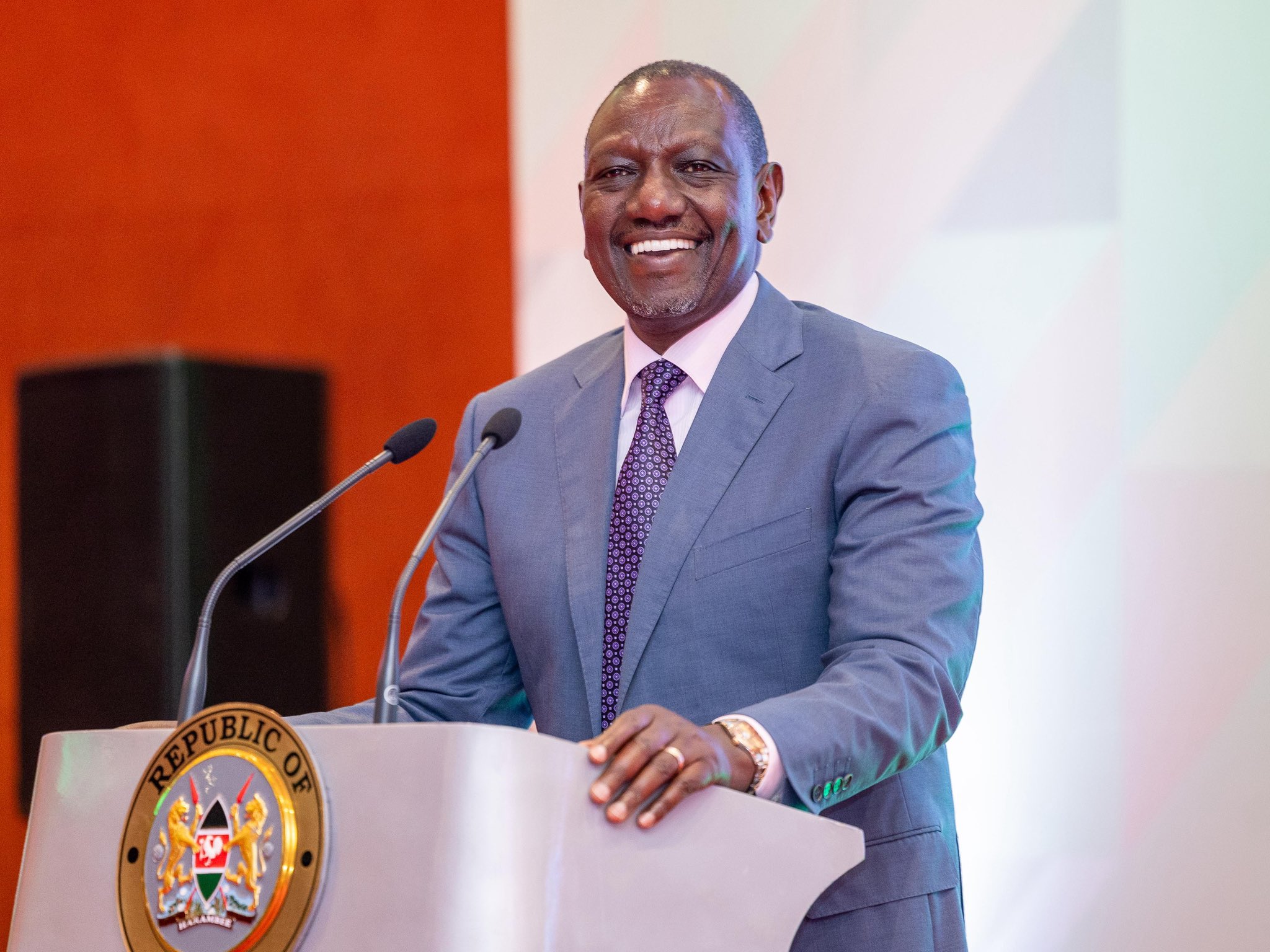
His proposals included easing debt to relieve fiscal pressure, mobilizing domestic resources to strengthen sovereignty, unlocking private and international public finance, halting illicit financial flows, and securing a fair global tax system to ensure equitable revenue retention.
At the heart of this strategy is a USD 100 billion investment framework led by African financial institutions, designed to fund climate-smart infrastructure and industrial growth across the continent.
He also spotlighted two flagship programs, the Africa Green Industrialisation Initiative (AGII) and the Accelerated Partnership for Renewables (APRA) as evidence of Africa’s proactive leadership.
These initiatives aim to transform climate solutions into engines of inclusive development, positioning Africa as a global hub for green industry. In Ruto’s words, Africa is not asking for charity it is demanding fairness and building its own path toward climate sovereignty and industrial power.
This message resonated sharply against the backdrop of the summit’s official agenda. With themes ranging from early warning systems and extreme heat resilience to scaling climate finance to $1.3 trillion annually by 2035, the summit is framed as a pressure point for accountability.
By COP30, all Paris Agreement signatories must submit new NDCs that reflect the urgency of the next decade.

